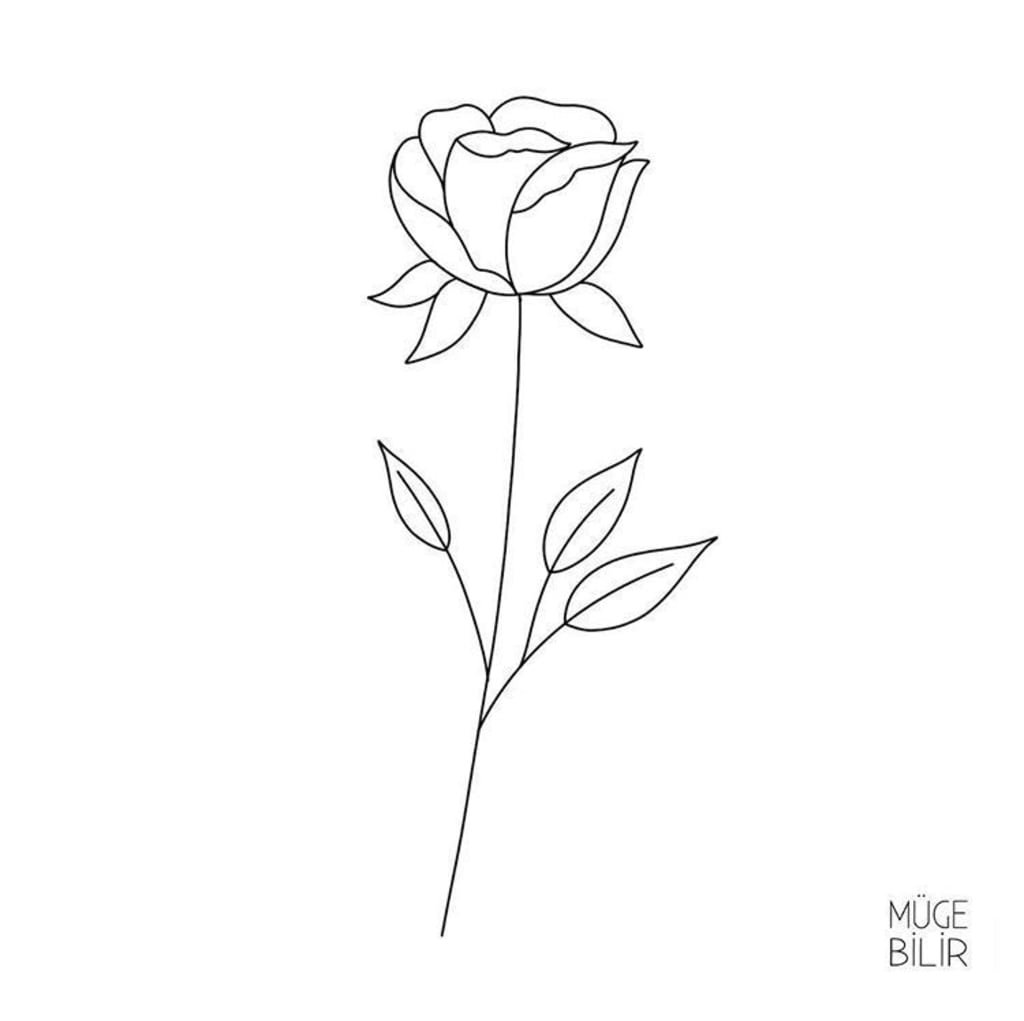
As Joseph tucks in his legs to let his fellow train passengers by, he is reminded that his appointment for hip surgery is next week. This is the sixth session, and he is only slightly less nervous. So far, the doctors have replaced and redone his eyes, both of his ears and something else. He could not remember the first procedure. Every time he tried to think back, his skin would crawl and itch ever so slightly, so he did his best not to dwell on it. Joseph had always hated hospitals. The smell, the endless white walls and rigid doctors in their patronizing coats made him shiver.
The sudden void of light as the silver train enters the tunnel acts as a weighted blanket, comforting his fresh wave of nerves. Approaching his old hometown, the train began to slow. Joseph had not been home since the Proclamation of Peace was created. He probably never would have been here if it were not for his father's recent death. He had been a traditional man. He refused, to his last breath, to get any surgery done on his slowly aging and decaying body. His father, at the young age of only 98, died when he could have lived for at least another 42 years. Due to his father's negligence and overall dislike for technology, he had not digitized his files. He has never fully embraced the idea of discarding menial items such as paper, money or books. In the year 2070, there is simply no longer a need for them.
Nothing much had changed in his old town, except for the lack of people. They now lived all together in condos and apartment buildings in the main city. Walking into the ghost town, he is greeted with floods of old memories and feels the soft pain of nostalgia. He wanders around the old town and stops at the different places where his childhood has stayed like bugs stuck in glowing amber. All the walking leads him home.
The grass had overgrown, allowing the wildflowers to sprout, and the paint on the house had seen its better days. Staring face-to-face with the door, he is suddenly reminded of the holiday wreaths that his mother would hang every Christmas. Of course, now, in the future -- the age of peace, unity and satisfaction -- there are no holidays, but it was still a lovely memory.
Turning the rusty door handle he releases the dust and the ghosts that have inhabited his home in his family’s absence. They did their best to keep his home in its prime condition, but it was never their specialty. Shaking off the spirits, fighting back the memories and swimming through the waves of sentimentality, he finally reaches the living room. Here, in the center of the house, brown boxes were filled with files upon files, documenting the short life of his mother and father. Joseph settles his mind and gets to work looking through the papers.
Hours go by and his legs begin to stiffen, painfully reminding him once again about his surgery next week. Finally leaving the floor, he stretches out his sore legs and examines the pile of papers he has made. His break in focus allows him to take in the room. Lots of kitschy decor and patterned furniture that would make any home designers pray for mercy.
He was drawn to the photo wall that used to be the centerpiece of his home. In the middle of the wall was a mirror. In the main city, there were no mirrors, so he approached the object with equal parts curiosity and caution. The stranger in his reflection stared back at him with the deep brown eyes that could be found in every family photo. His brown hair was tousled, and he looked young for the age of 66. Seeing himself in the mirror gave him no comfort, for he would never achieve those little wrinkles around his eyes and mouth that let everyone know that he lived a good and happy life. He would never see how good natural greying hair would look on him or have that hard to miss sparkle in his eye when he talks about being young and in love.
Joseph’s wandering gaze tears away from the reflection and zeros in on a black leather book placed in the center of the coffee table. Picking up the curious artifact, he first notices the engravings on the front. Carved into the smooth black leather was his father's name. He opened the first page and saw his dad’s chicken scratch writing. On the page was written, “For my only son Joseph, it is all I have to give you. Forgive me, it is too late.”
Disturbed by this uncalled-for apology, he began to skim his finger over the book's edge, releasing the green papers hidden within. Hundreds of them released from their prison, drift excitedly to the ground covering the worn carpet. It took him a moment too long to recognize what the papers were. Money.
The breath is ripped from Joseph’s lungs and he drops to his knees. Mouth ajar in shock, warm tears stream down his flushed face, splashing the useless green papers. The ancient dam that has held back his grief, guilt and soul-crushing loss had finally collapsed. Heavy sobs rack his body, shaking his shoulders and tearing out an animal-like cry from deep within his gut. Hysterical, he grabs a handful of the money and tears it apart.
30 years. If he had this 30 years ago. If these now useless pieces of paper were in his possession 30 years ago, he could have seen her one last time. The girl of dreams, the love of his life was dying across the country from a disease they could not cure. Her lungs were filling up with water, drowning while in a hospital, and he could not be beside her because he did not have enough stupid money to buy a goddamn plane ticket. Approximately 20,000 dollars lay on the floor of his childhood home, and they were not worth a cent. He did not see her one last time, he did not get to say “Goodbye,” or “I love you,” or “We’ll meet again,” because of some worthless green paper. For the first time in 30 long years, he was shockingly and unforgivingly human. With all his heart, he cursed his gods, he cursed his parents, the world, the peace, and he wanted it all to burn. He wanted all the people who stood in his way from her to feel this ugly and brutal pain that had been eating him from the inside out. He wanted them to crumble to the floor, he wanted them to suffer, but most of all he wanted them to bring her back.
In the midst of his rage, he noticed a small crack in his fragile, glass-like past. There was a flaw in his memory. He could not remember her name. Slowly, his breathing calmed, and the tears came to a halt; he strained his tired mind to remember her name. Was she named after a flower? He must have said her name millions of times. Her name had been spoken by him in every emotion a simple human could ever possibly feel. Sitting back onto his heels, he let out a long breath and raised his hand, wiping away the wet tears. Maybe she was named after a gemstone? It was right in the corner of his mind, right on the edge of his consciousness but it refused to be spoken. It refused to be remembered.
As quick as he had fallen, he was crawling back to his normal state of quiet and uneasy contentment. Rising from the floor, with a hot, flushed face, swollen eyes and a sore throat, he brushed off his shoulders and did his best to collect himself. He could not remember her name. His movements towards the long-forgotten pile of necessary documents were slow and deliberate, as though he was walking through a ball pit of dangerous memories.
Picking up the paper, his finger slipped, and he was left with a deep paper cut. Preoccupied with his complicated and ever-changing emotions, he did not notice that he was bleeding. Droplets of his blood had fallen onto the floor and the money that laid across it and the papers he held near the wound would forever be stained crimson red. With the files in hand, he left his home for the last time, without a thank you to the memories or a goodbye to the spirits.
As Joseph sat on the train back to the main city, he tucks in his legs to let his fellow passengers by and is not reminded of his surgery next week. On his lap are files that he needs to digitize, stained with the only physical evidence of his painful, blood-red humanity. His face would never bear wrinkles, and his eyes would never sparkle. And as the train speeds by the land outside, he stares out at the rows of delicate ruby-coloured flowers, completely unaware, but completely and numbly content.
The year is 2070, our world now knows peace, unity and satisfaction, due to the passing of the Peace Proclamation, which clearly states that to uphold this standard the first surgery given to all citizens, regardless of class, ethnicity or preference for, is surgery on the mind. The surgery will prevent unnecessary, and painful memories such as those related to grief, hatred, love, rage, and countless others that otherwise prevent the accomplishment of our truest selves. Although it may be a new and experimental practice, it is mandatory to live a content and fulfilling life in this ever peaceful future.
Her name was Rosie. She had loved him very much. So much in fact that the last thing on her mind before the world went dark and the angels came to let her into the pure marble palace above, was him and those brown eyes. He would never grieve her, miss her, cry for her or love her. Her name was Rosie, and he would never remember her.






Comments
There are no comments for this story
Be the first to respond and start the conversation.